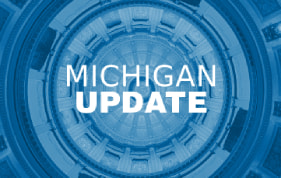On October 22, 2015, HMA Information Services hosted the webinar, “Making the Business Case for Team Coaching: Behavior-Based Training for Leaders of Highly Effective Healthcare Organizations.”
Healthcare organizations are being asked to evolve rapidly – reflecting new business models that rely on team-based organizational structures for success. Getting there will require leaders who can break down barriers and coach employees to thrive in a team-oriented environment.
During this webinar, HMA experts Jeffrey Ring and Sandra Sperry discuss the importance of behavior-based leadership training for healthcare organizations and demonstrate how effective leaders can positively influence employee commitment, engagement, productivity, and results in a team-oriented environment. Listen to the recording and:
- Understanding the business case for team coaching, with an emphasis on the role training can play as your organization adjusts to emerging economic models in healthcare.
- Assess the most important behaviors and attributes of effective leaders in the context of team-based healthcare.
- Learn how to effectively navigate conflicts and create an environment in which healthcare teams can work through problems and reach consensus.
- Assist individuals who aren’t effective in a team environment and help them identify ways to maximize their potential.
- Understand how consistent behavior-based leadership training exercises can act as a valuable support mechanism for team leaders and managers.
The slide deck for this webinar can be retrieved by clicking the “DOWNLOAD” button below.



